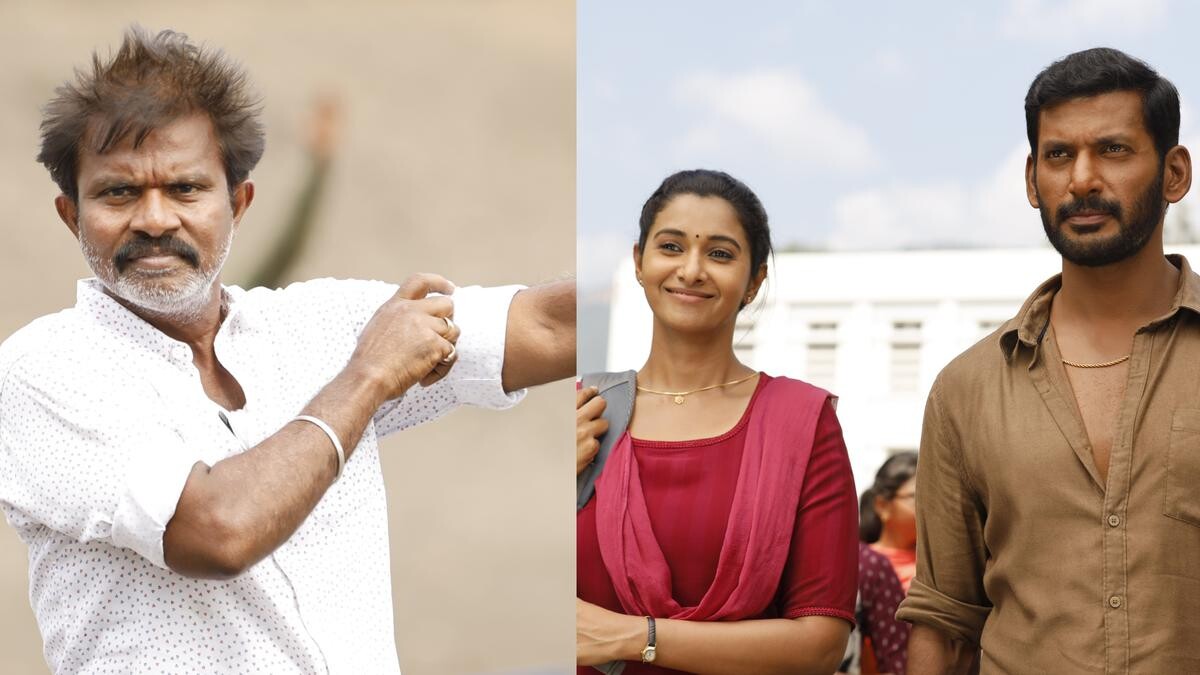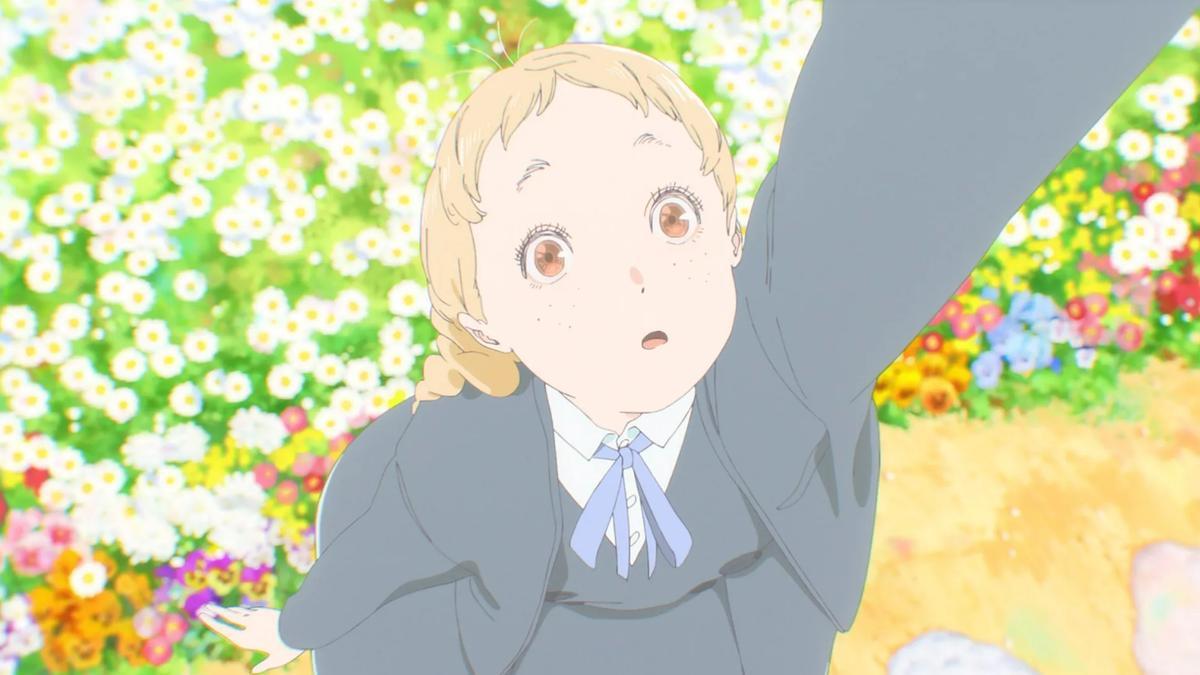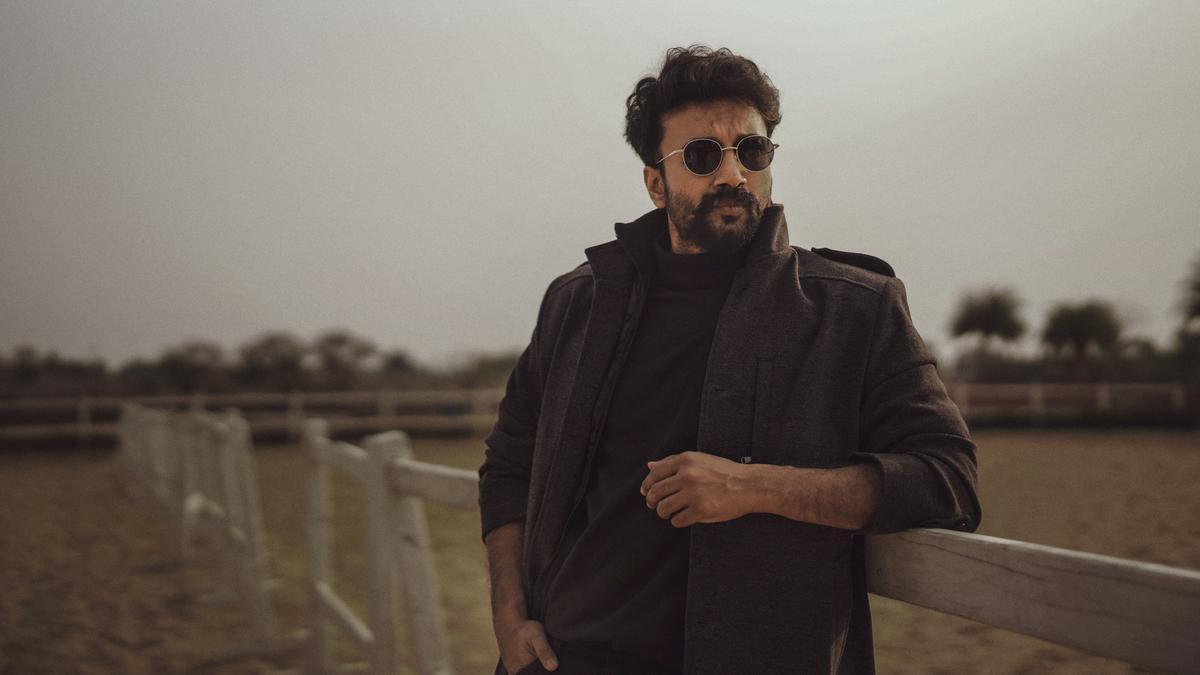
Conversing with Director Hari is a distinct pleasure, particularly for an interviewer with a passion for cinema. Known for his detailed storytelling, Hari eagerly recounts memorable moments from his celebrated career, a career that includes several today’s cult classics. His directorial style, often recognized for high-velocity chase sequences and quick edits, does little to encapsulate the totality of his cinematic vision.
Surprisingly, Hari, a veteran in the Indian film industry with over two decades of experience, professes a disinterest in box-office figures when creating his films. “The idea has always been to deliver a good film enjoyed by the masses,” he asserts. Hari’s attention lies in maintaining the allocated budget rather than delving into the business side of filmmaking. With an air of modesty and commitment, he remarks, “A producer invests money and I’ll be happy if he makes a huge profit; I invest my talents and want the film to get me a good name.”
His latest offering, ‘Rathnam,’ marks the third time Hari has joined forces with actor Vishal, following their previous collaborations on ‘Thaamirabharani’ (2007) and ‘Poojai’ (2014). Indications suggest that ‘Rathnam’ will showcase a shift from their earlier works, likely intriguing Hari’s faithful audience.
Hari diverges from traditional scriptwriting processes, electing to iterate orally while assistants document his narrations, bypassing standard screenplay paperwork until the latter stages of development. Even then, he abstains from penning dialogue until his team presents him with their compiled notes, resulting in at least ten revisions and improvisations up until shooting commences, where minor tweaks may be made to augment scenes.
The director’s approach to technical language reflects a similar philosophy; preferring straightforward, relatable descriptions to his crew rather than industry jargon to prevent irritation and ensure clarity. This attitude grounds in a belief that technicians are experts in their fields; their expertise should be trusted without micromanagement, a strategy that fosters confidence and longevity in collaborative partnerships.
On set, Hari maintains a dynamic atmosphere, often completing two shifts per day, enabling extensive preparation in the lead-up to production. This diligent groundwork is essential for realizing the specific needs of each project, analogous to the proverbial search for a particular type of fish that necessitates a unique approach.
Cultural and current events frequently influence Hari’s films, sparking discussions that inform character arcs and narrative threads. An example he highlights is the journey of Ukraine’s President Volodymyr Zelenskyy from comedian to leader, likening it to the villain Perumal Pichai from his hit film ‘Saamy.’
A critical aspect of ‘Rathnam’ is actress Priya Bhavani Shankar’s role, which was pivotal both on a character and a performance level. Shankar executed a complex, single-shot scene with prolific dialogue and movement, an accomplishment Hari attributes to both her immense talent and her grasp of the language.
Hari views his own cinematic journey as a consistent path, expressing satisfaction with his work and admiration for Vishal’s growth as an actor and as a business presence. He describes Vishal as a pleasure to work with, noted for his light-hearted demeanor and dedication to well-being on set.
Modern filmmaking trends, including single-take sequences, impress upon Hari’s work, compelling him to meet the challenges these methods pose. In ‘Rathnam,’ Hari successfully directed an intricate five-minute single shot that incorporated vehicular action and explosive stunts without resorting to visual trickery.
Location scouting is a vital part of Hari’s pre-production process, leveraging technology like Google Maps to identify ideal settings, a method used poignantly for a ship location in ‘Singam 2.’ Moreover, his casting process is equally meticulous; months are spent selecting leads and rounding out the support cast, leading to discoveries of versatile but underutilized talents such as Thyagu and Aishwariyaa.
Hari’s personal philosophy mirrors the sense of transformation he seeks in his characters and narratives. He values strong temper and emotion as catalysts for action and creativity, a trait he admittedly resonates with.
As ‘Rathnam’ approaches its release on April 26, it represents another chapter in both Hari’s and Tamil cinema’s ongoing narratives, underlining the director’s evolution and commitment to his craft within the vibrant landscape of Indian cinema.










